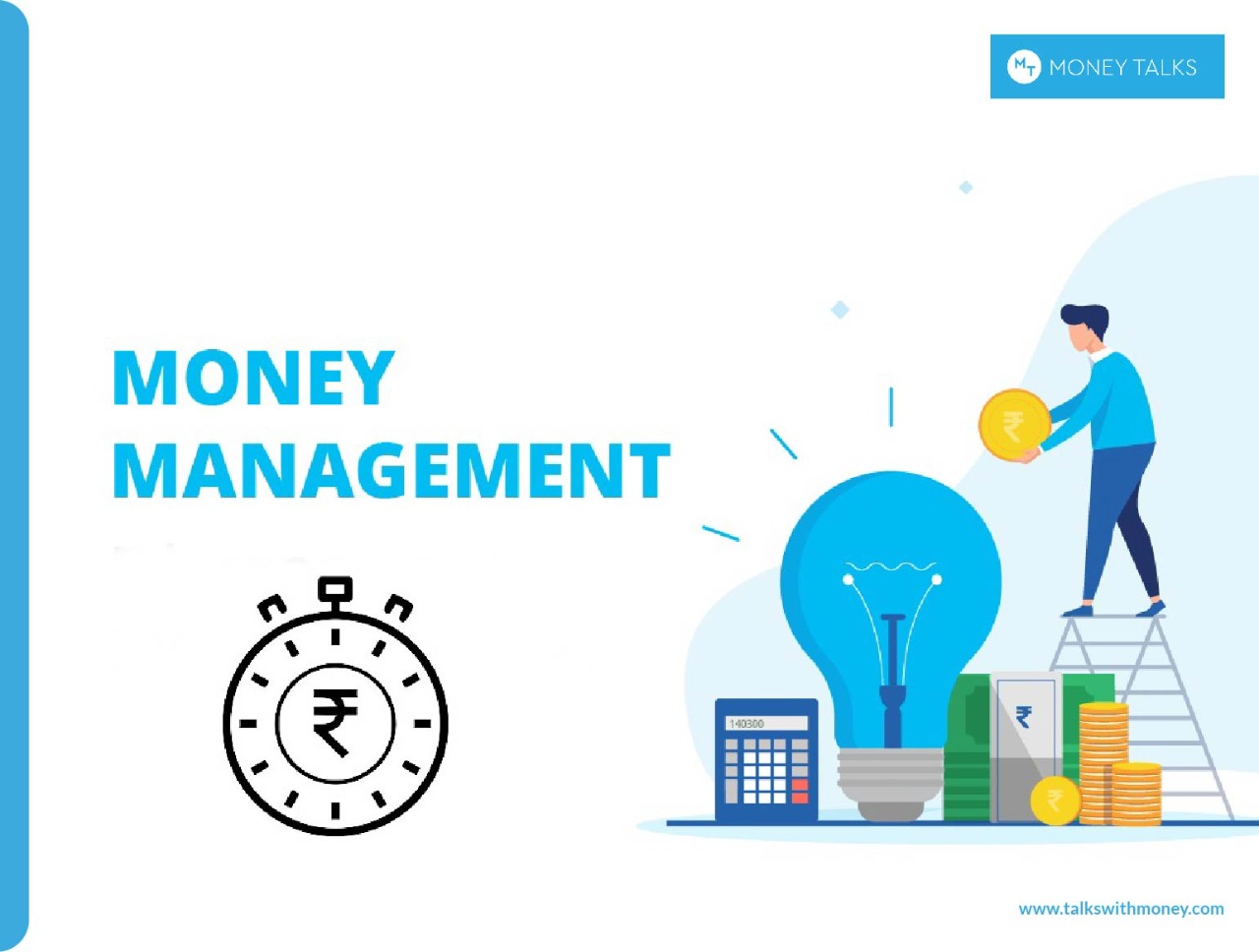Zero Percentage Bank Loan
Tempted on seeing zero percent loans?
True, it isn’t easy to escape the attractive offer to buy a much sought after product on EMI basis. Of course, there is nothing wrong in going for it. However, beware of the underlying traps in these loans; what may look like a luring offer may end up emptying your pocket.
So, it is good to take care of few points so you better manage your money.
Increase in Spending Habit
When you receive offers such as ‘to buy a product for 50,000 through EMI option in 6 months’, you are definitely going to go for it even if you don’t have the cash in hand. Thus, these loans are sure to increase your spending habit.
Discounts May Not be Applicable
When you purchase a product in cash, you may receive an instalment of 2000 Rs. or 3000 Rs. as discount. However, when you pay in instalments, the price is calculated in MRP, as a result of which discounts may not be available. So, before taking up the instalment option, be clear about the amount to be paid.
Processing Fee
While making purchase in instalments, the customers will have to pay a processing fee. Before venturing into it, make certain on whether you need to pay any processing charges. Processing charges and the lack of discount options are the source of profit for the shopkeeper.
Do not Miss the Payment Date
Missing the payment due date means you will have to pay an additional penalty charge and added interest rate. Try avoiding this as by paying this extra amount, you will lose the advantage of zero percent loans
Tips to follow before you decide to follow zero-percent loans:
- Check the difference in the discount in MRP while making cash payments and other modes.
- Check whether you are receiving any discount in zero percent loans. If yes, these loans are indeed beneficial.
- Be clear about whether you have to pay any processing fee while taking up instalment option. If you receive the product minus the processing fee, then this zero percent loan is profitable. If not, zero percent loans are not very profitable.
As said above, there is nothing wrong in going for instalment option while purchasing a product. However, while doing it, make sure you don’t end up paying more.




